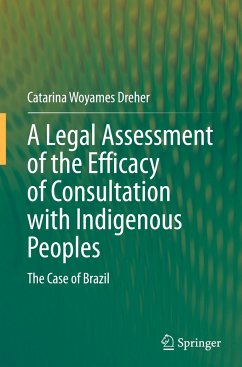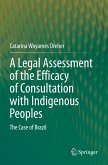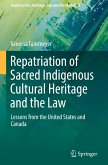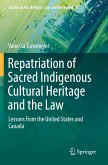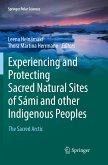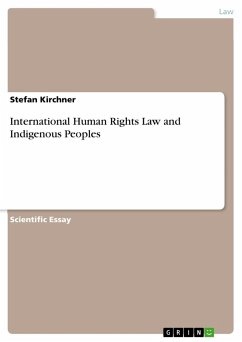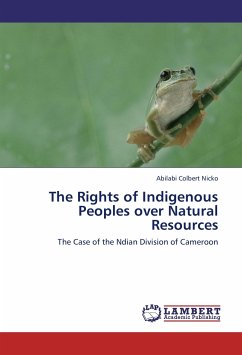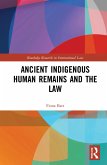This book offers a novel perspective on consultation with indigenous peoples in projects of natural resource exploitation. Engaging with current debates in international law, the study introduces a multi-dimensional perspective on consultation understood to include self-determination and cultural rights. It analyzes evidence from several countries across the Americas and Africa and presents an original and in-depth case study of Brazil. The book assesses judicial and legislative cases, drawing on relevant literature, international treaties and supplementary information gained from expert interviews. This supports the work's broader objective to explore legal facts as well as to evaluate the empirical evidence in light of theoretical considerations. It thereby expands the understanding of consultation as a right under national legal systems and considers practical ways on how to enforce domestic redress for avoiding legal indeterminacy. The conclusions of the analysis contribute to not only a better understanding of the subject matter but also showcase ways of how to improve the realities on the ground. The book puts forward a range of recommendations directed at national authorities, international organizations, development lenders and civil society to help improve the unsatisfactory present circumstances. The intended audience encompasses legal scholars, students, practitioners and journalists, as well as anyone interested in research on the realization of indigenous peoples' rights and the role of international law in the 21st century.
Bitte wählen Sie Ihr Anliegen aus.
Rechnungen
Retourenschein anfordern
Bestellstatus
Storno

